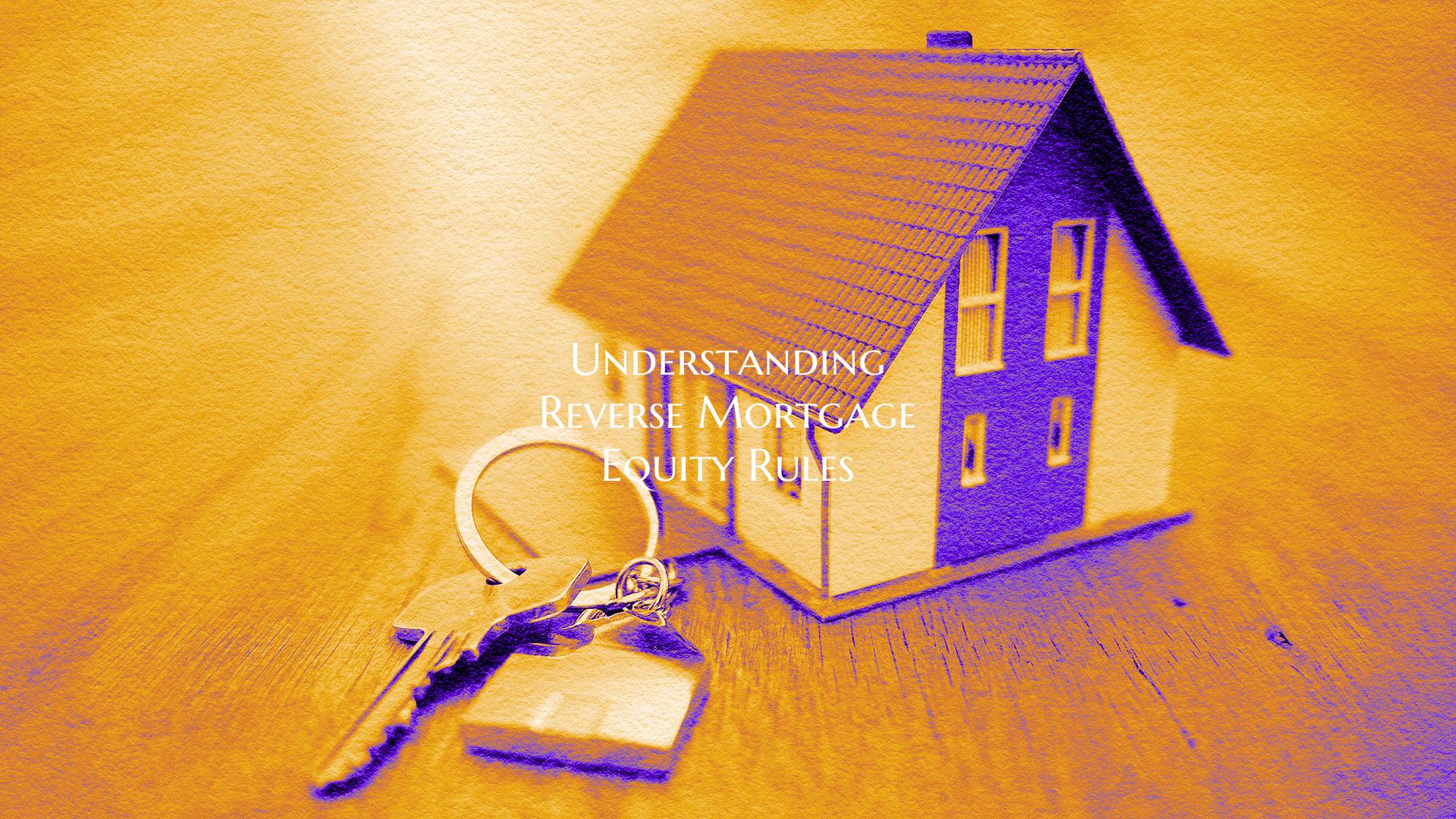Understanding Reverse Mortgage Equity Rules

Reverse mortgages provide a unique way for homeowners to tap into the equity of their homes while still being able to live in them. However, there are specific rules regarding how this equity is managed and accessed. Understanding these rules is crucial for anyone considering a reverse mortgage to ensure they make informed decisions that align with their financial goals.
One key point to note is that a reverse mortgage allows homeowners aged 62 and older to borrow against the equity in their home without the need to make monthly payments. The loan, including interest and fees, is typically repaid when the homeowner sells the home, moves out permanently, or passes away. Any remaining equity after the loan is repaid may go to the homeowner's heirs.
Another essential aspect of reverse mortgage equity rules is the calculation of how much can be borrowed. This is determined by several factors, including the appraised value of the home, the age of the youngest borrower, and current interest rates. Generally, the older the borrower and the higher the home value, the more equity can be accessed.
Additionally, homeowners must continue to meet certain requirements to maintain the loan. These typically include keeping up with property taxes, homeowners insurance, and any necessary home repairs. Failure to meet these obligations could lead to defaulting on the loan and potentially losing the home.
Furthermore, understanding the implications of equity depletion is important for reverse mortgage borrowers. As funds are drawn from the equity, the remaining equity in the home decreases. This can impact the homeowner's ability to leave an inheritance for their heirs or move to a different residence in the future. It's crucial to weigh these factors carefully when considering a reverse mortgage.
In conclusion, grasping the rules surrounding reverse mortgage equity is crucial for making informed decisions about this financial tool. By understanding how equity is managed, how borrowing limits are determined, and the potential long-term implications, homeowners can effectively evaluate whether a reverse mortgage is the right choice for their individual circumstances. Consulting with a qualified financial advisor or reverse mortgage specialist can provide further clarity and guidance in navigating the intricacies of reverse mortgage equity rules.
